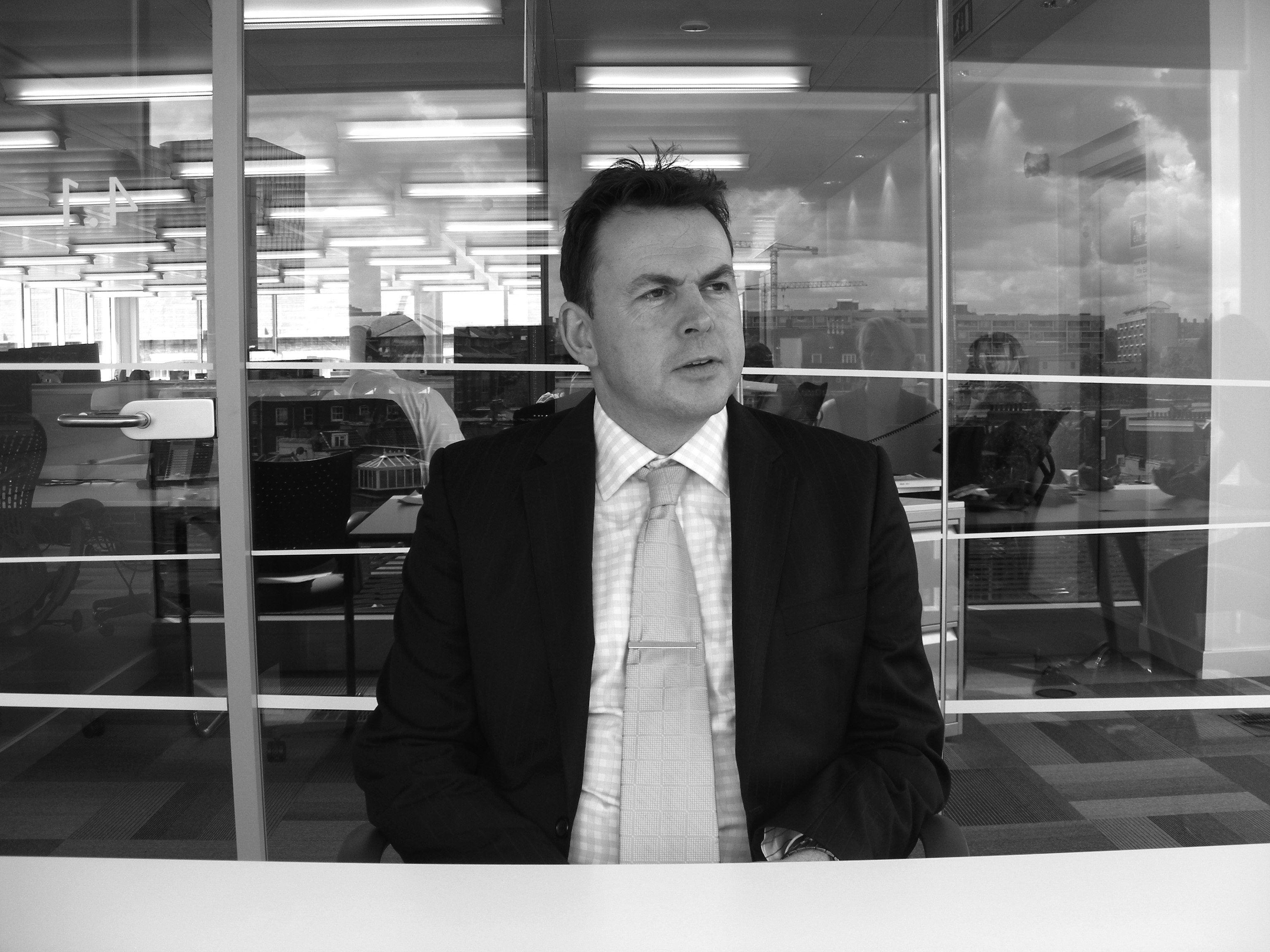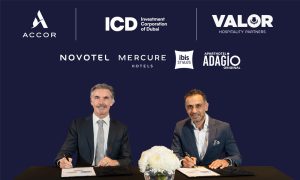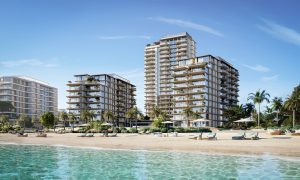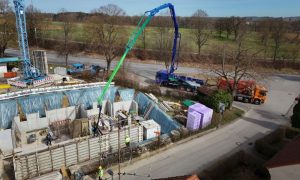Rising to a corporate challenge
Business sustainability challenges

EC Harris head of sustainability Nick Hayes and head of property Paul Foster analyse the sustainability challenge facing corporations
Across the Middle East region sustainability is rising up the corporate agenda driven not only by a desire to be more environmentally friendly but also by more pragmatic, economic influences.
With some commentators now stating that we’re in the midst of a double-dip recession, CFO’s across the Gulf are under greater pressure to identify ‘quick wins’ and solutions that limit their business’ overall expenditure.
From a sustainability perspective this is creating new opportunities particularly for those initiatives that deliver operational efficiencies and which delivering a greater economic return.
The business case…
Traditionally, there has been a common view that adopting a sustainable approach costs more than maintaining the status quo, yet whilst this may have been the case in the past, it’s no longer so clear-cut. In cash constrained times the industry needs to act more aggressively to address such misconceptions for unless a re-education process takes place there’s a risk that some worthy initiatives could be overlooked, in spite of the environmental and economic benefits they could help to deliver.
In reality carbon is becoming an increasingly important differentiator when it comes to assessing a property’s value particularly in such a competitive real estate market as the Middle East.
If a sustainable approach is embedded in the construction phase it can help property assets stand out when they come on to the market as occupiers can see the inherent value of low carbon, energy efficient buildings where lower water and energy use will equates to significant cost savings throughout the duration of their tenancy agreement.
From a property owner perspective these types of assets can also keep maintenance costs to a minimum and insulate them against future regulatory changes that they may see them obliged to comply with environmental mandates.
Furthermore, with some analysts suggesting that energy costs could rise by 100% over the next 10 years, the case for owning energy-efficient buildings becomes ever more compelling. In such an environment there is a pressing need to focus on the business case that underpins sustainable initiatives as this will help to secure buy-in at board level.
Financial metrics need to be aligned to carbon reduction savings so that the full return on investment from sustainable solutions are recognised. For example, research carried out by academics at the University of Western Sydney (Australia) and Maastricht University (Europe) has shown that more sustainable buildings attain higher rents, occupancy rates, and overall value. What CFO or CEO would not be attracted by those types of results?
Measuring success…
A greater emphasis also needs to be placed on the broader ‘value’ of sustainability as opposed to just the associated cost of adopting a greener approach. The reality is that the benefits of acting in a more sustainable manner extend well beyond the bottom line and so by measuring success in purely monetary terms there is a danger of selling short the impact that greener initiatives can have.
As an example, recent research from the UK’s Westminster Sustainable Business Forum revealed that adopting a sustainable approach led to improved corporate reputation, increased employee retention and higher productivity levels.
The study estimated that when combined, these factors had the potential to deliver over $12bn in additional business return.
The cost-return ratio…
With liquidity still a major issue across the Middle East, developers continue to struggle to access both capital and debt funding to build new schemes, so the emphasis is often on the need to generate more from both existing budgets and the assets they already own and operate.
Where investment set aside for sustainability initiatives is reduced, it is still possible to drive significant cost savings via a more targeted approach. In 2010 the Better Buildings Partnership found that by adopting cost efficient retrofit measures across their global asset portfolio, they were able to cut overall energy use by 10% ultimately saving over 32,000 tonnes of CO2.
The next twelve months…
As ever, the initiatives that deliver the greatest value to investors are those that are cascaded down through a business from the highest level. Sustainability has evolved into a discipline that often can deliver ROI in just a few days rather than many weeks or months and which successfully meets both the ‘green agendas’ – environmental and economic.
As we enter the New Year the key lesson for the industry is that it should not be shy in addressing the C-suite and promoting the role that sustainability can play in helping their firms to weather an increasingly testing financial environment.


















